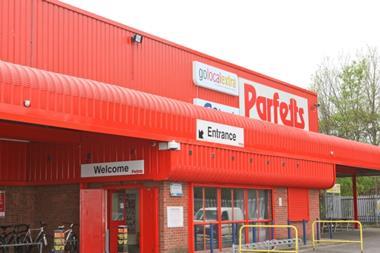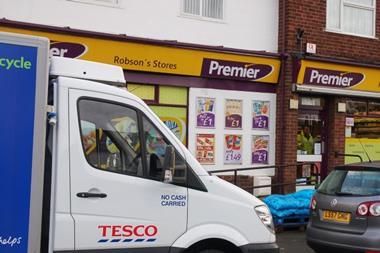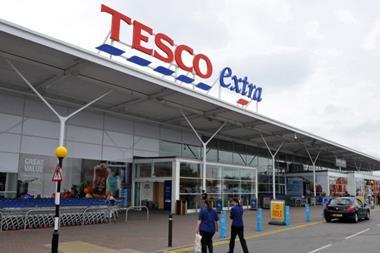Wholesalers ask CMA to block Booker-Tesco merger

The leaders of seven of the UK’s largest wholesale operations have jointly written to the Competition and Markets Authority (CMA), urging it to block the proposed merger of Booker and Tesco.
ALREADY HAVE A REGISTERED USER ACCOUNT? PLEASE LOG IN HERE
To read the full story join the ConvenienceStore.co.uk community today!
Registration is quick and easy and provides access to:
- Unlimited ConvenienceStore.co.uk articles
- Our great range of newsletters
- Content you’ve saved for later via the ‘my library’ feature
And much more…

























